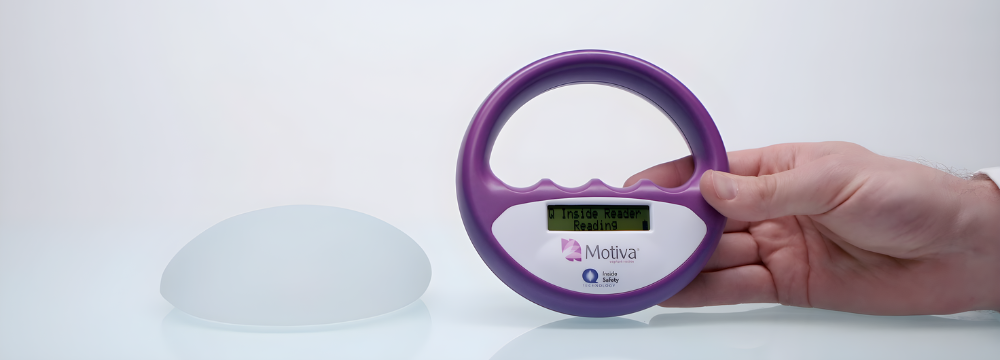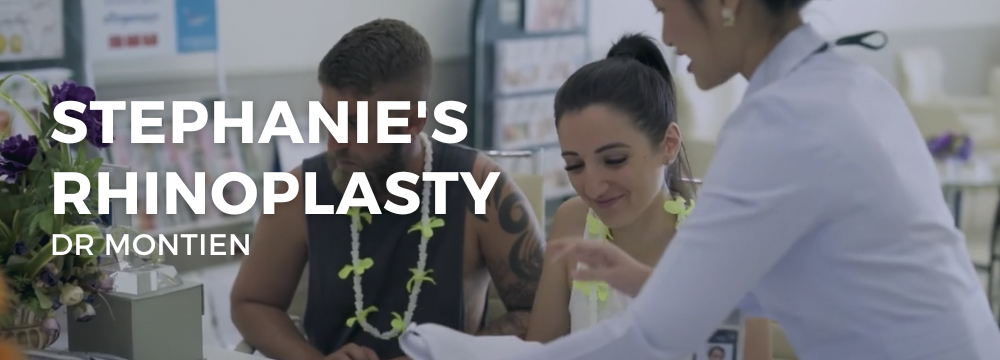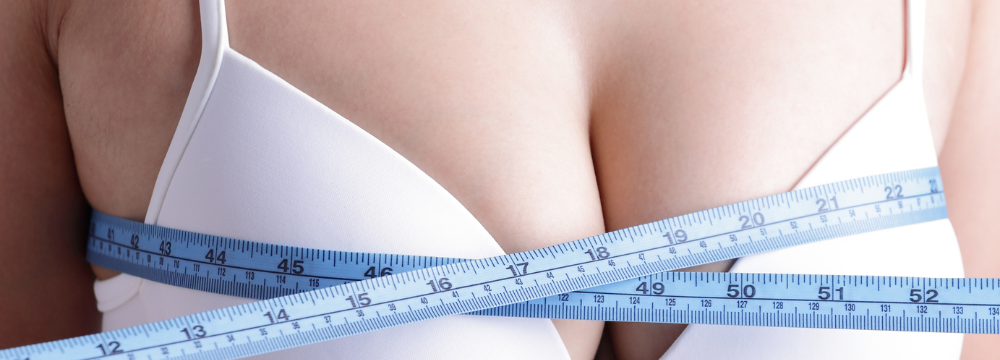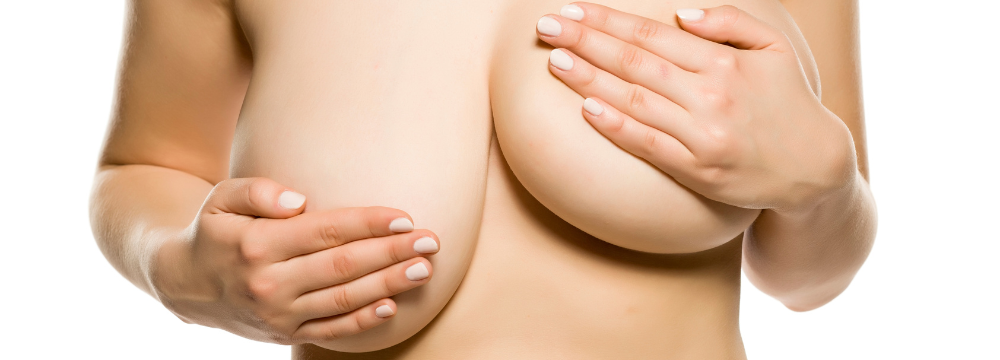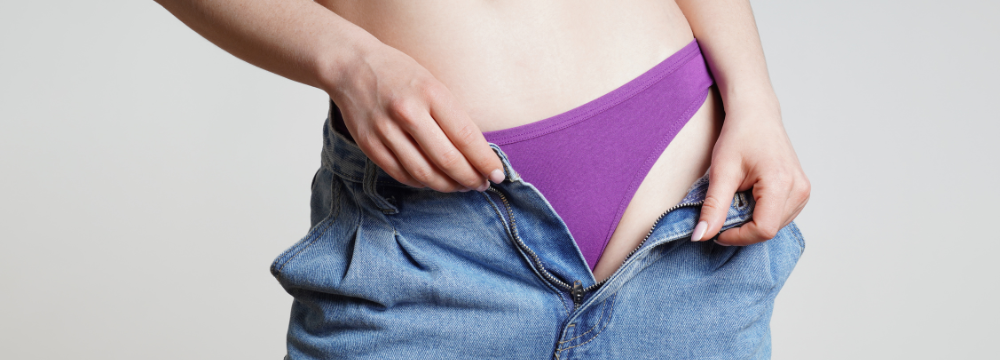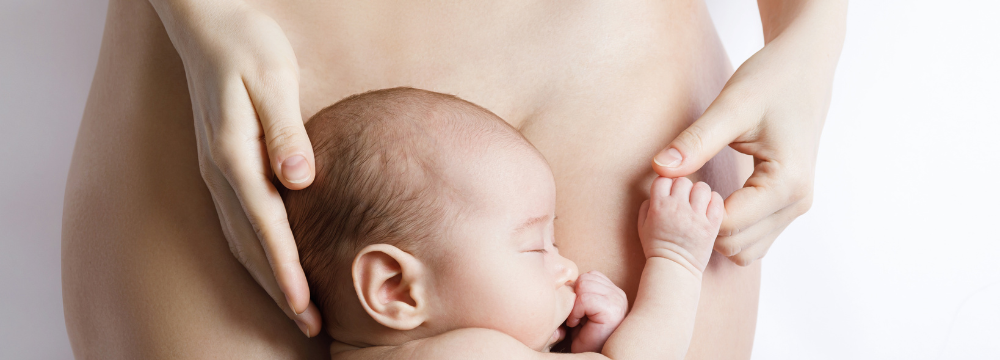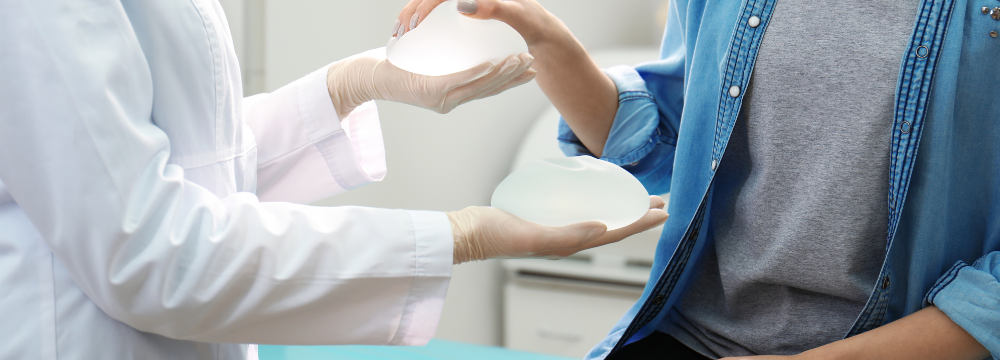Gastric Sleeve Surgery, also known as Sleeve Gastrectomy Surgery is a modern surgical procedure which permanently reduces the size of the stomach, assisting those battling with obesity to lose weight by feeling fuller faster and reducing their overall food intake. On average people who undergo Gastric Sleeve surgery can expect to lose between 50-70% of their overall weight and improve their quality of life drastically by maintaining weight loss and living a healthier lifestyle.
Why is Body Mass Index Important With Weight Loss Surgery Candidacy?
Your Body Mass Index (BMI) is the main determining factor in Weight Loss Surgery as it allows CosMediTour to identify your candidacy accordingly. Post Weight Loss Surgery you may lose up to 65% of your body weight, and therefore you must have an acceptable BMI to ensure your weight will fall within a healthy BMI range post-surgery.
Am I A Good Candidate for Weight Loss Surgery?
The criteria for Weight Loss Surgery with CosMediTour is very strict, and appropriate candidates generally will be clients who:
- Have a BMI of between 35 and 50
- Have unsuccessfully attempted to lose weight through exercise and diet, or have only experienced short-term weight loss success
- Do not have underlying diseases, health problems or health conditions that may be causing excess weight gain
- Must be over 20 years of age to proceed without parental consent or 18 – 20 years of age with parental consent
- Are prepared to make substantial lifestyle changes, including, adjusting and reducing food consumption, introducing a positive mindset and reducing alcohol consumption
- Are not currently pregnant
- You do not consume excessive amounts of alcohol
- Are able to travel to Thailand for 14 days recovery
Surgery
Gastric Sleeve Surgery is performed under General Anaesthetic using specialised Laparoscopic surgical techniques. This consists of small keyhole incisions (1cm or less) being made to the abdomen. A hollow tube also known as a port, is then guided into the stomach cavity and a long thin instrument with a camera attached to allow the Surgeon access is placed through the port. The abdomen is then temporarily inflated with a gas (Carbon Dioxide) to create space within the stomach for the Surgeon to operate.
During Gastric Sleeve surgery, a large portion of the stomach (generally 80%) is removed permanently through one of the keyhole incisions. The stomach is then surgically stapled, sealed and a calibration guide tube is used to measure the size of the newly reduced stomach. At the final stages of the surgery, the gas is released from the stomach and surgery recovery begins.
Risks and Complications
Potential risks and complications from surgery vary from patient to patient. The risk depends on a range of factors and the extent of surgical work required. Following pre and post-surgical care and instructions will also reduce your risks of any post-op complications. The potential risks and complications include and are not limited to:
Medical:
- Temporary pain, swelling, bruising, infection, scarring, fluid build-up (seroma), bleeding and haematoma, blood clots in the legs and chest, thrombosis, embolisms, numbness, Keloid scarring, heavy scarring, reaction to anaesthesia and medications
- Staple line leakage and peritonitis (approximately 1% in all Gastric Sleeve Surgeries)
- Poor wound healing or Necrosis (common with smokers)
- Wound separation, Suture complications
- Numbness or other changes in skin sensation, nerve damage
- Acid reflux and/ or the inability to eat certain foods
- Nausea and vomiting
- Dilation of oesophagus
Aesthetic:
- Asymmetry and uneven incision site (never guaranteed)
- Skin loss and Skin discolouration and/or prolonged swelling
Surgery Care
Day of Admission
You will generally arrive one day prior to surgery to undergo pre-surgery tests and laboratory examinations. These generally include Blood Tests, Blood Sugar level, Chest Xray, Electrocardiogram (ECG) and Esophagogastroduodenoscopy (EGD). Once all test results have been received your consultation with CosMediTour Gastroenterology Specialist Surgeon Dr Thakoon can take place. If there are any underlying medical issues or abnormal test results, further tests may be required at this stage before proceeding.
Pre Surgery care:
- Please inform CosMediTour and your Surgeon of any medical conditions such as bronchial asthma, diabetes, hypertension, any medication/s that you are taking (both prescription and non-prescription), allergies, blood clotting abnormalities, and provide all updated test results at the time of booking and 6 weeks prior to your surgery date.
- Stop taking all medication and supplements, especially aspirin, ibuprofen, vitamins and herbs at least 2 weeks prior to surgery to eliminate the chance of post-surgery bleeding. Please consult CosMediTour and your Surgeon prior to stopping any prescribed medication.
- Stop smoking at least 4 weeks prior and 4 weeks post-surgery, as smoking can slow your healing process
- No food and/or liquid intake for at least 8 hours prior to consultation and surgery.
- Absolutely no alcohol for at least 7 days prior to consultation and surgery.
- Make sure you do not wear any jewellery, piercings, make-up, hair extensions, fake tan, and nail polish to surgery.
- You should shower the morning of your surgery, wash your hair and do not apply any perfume, lotion, powder, cream or deodorant.
Post Surgery Whilst in Hospital
Our recovery team will ensure you are comfortable and the hospital nursing staff will monitor you closely ensuring blood pressure and other vital health checks are taken regularly.
Once able, you will be encouraged to start moving and walking as soon as possible post-surgery, this reduces the occurrence of blood clots and infection. It is also recommended to wear compression stockings and/or mechanical compression boots to encourage circulation post-surgery which can help to keep your blood circulating and prevent blood clots from occurring.
Clients are discharged only once they have successfully completed a normal drinking test, this is generally within 1-2 day/s. Please note prior to the test being successfully completed, you will require IV fluids to ensure you are hydrated with fluids and therefore do not become dehydrated post-surgery.
Post Surgery
Once you can successfully drink 2L (very slowly at first) you can then start your Gastric Surgery diet plan. You will then be able to discharge from the hospital and check in to your resort for further recovery.
You will also have an appointment with a Nutritionist prior to discharge to discuss your diet further and ensure clear understanding. Before returning home you will have a follow-up appointment with your CosMediTour Gastroenterology Specialist Surgeon. They will review your incision site and prescribe you a personalised diet and supplement plan. This is also a great opportunity to ask any questions you may have regarding post-surgery care and your new lifestyle.
Eating and Drinking Post Weight Loss Surgery
You will start eating a soft food diet, followed by pureed food, then finally solid food. Meals will be much smaller and some people may have to stop drinking with meals due to your smaller stomach. You will need to make significant lifestyle changes after Gastric Sleeve surgery to ensure weight loss. This includes eating a healthy diet and an increased amount of physical activity.
Your Gastroenterology Surgeon, together with a Nutritionist, will prescribe required vitamins required to ensure a healthy recovery.
What Must I do to Ensure my Surgery is Successful Long-Term?
Gastric Sleeve Surgery can be unsuccessful if essential lifestyle changes are not made pre and post-surgery. This can result in lack of weight loss post-surgery or even more disappointing, regaining the lost weight. It is important that post-surgery instructions are followed to ensure long term results. This can include:
- Diet consisting of 3 regular meals per day which are low in calories and high in protein
- Avoidance of drinking liquids with meals
- Avoidance of high fat/sugar snacks such as potato chips, confectionary or high sugar content drinks
- Consider other ways to improve your mood or relax instead of relying on food
- Introduction of regular exercise
How Much Weight Can I Lose with Weight Loss Surgery?
Gastric Sleeve Surgery achieves an average of 65% excess weight loss.
What Else May Weight Loss Surgery Improve?
Surgery can improve fatigue, shortness of breath and the quality of life including but not limited to energy levels, ability to walk, enabling exercise, comfortability and potentially reducing pain in weight-bearing joints.
Disclaimer: Please note any information provided should be used only as an information guide and not CosMediTour giving advice. Please ensure you do your own valid surgery research and seek advice from a general practitioner to enable you to be fully informed about surgery.


